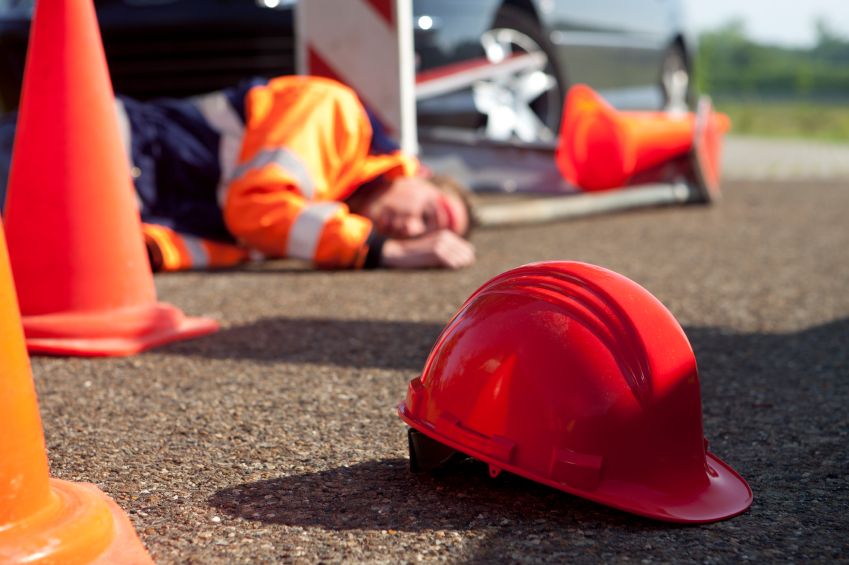 Work accidents take place all the time. Maybe, just maybe, even as you are reading this article, someone just got injured at work somewhere in the world. Nevertheless, they can be prevented. Most of the time, when a work accident takes place, it is the company’s fault. Either the organization failed to provide the necessary safety measures, or to educate employees on the significance of observing safety measures. Work accidents can be fatal, regardless of the nature of the work an organization is involved in. That’s why the law recognizes them and has created room for those who fall victim to this form of negligence to make a compensation claim.
Work accidents take place all the time. Maybe, just maybe, even as you are reading this article, someone just got injured at work somewhere in the world. Nevertheless, they can be prevented. Most of the time, when a work accident takes place, it is the company’s fault. Either the organization failed to provide the necessary safety measures, or to educate employees on the significance of observing safety measures. Work accidents can be fatal, regardless of the nature of the work an organization is involved in. That’s why the law recognizes them and has created room for those who fall victim to this form of negligence to make a compensation claim.
What Qualifies as an Accident at Work?
Essentially, if you end up getting hurt or suffering an injury at work that could have been prevented, it qualifies as an accident at work. The thing to pay attention to is that it was not your fault. It should be the company’s fault because particular safety measures were overlooked. For instance, if there is a wet floor around a certain section in the organization, and there is no sign to indicate that it is a wet floor and you end up slipping and breaking something, then you are eligible for an accident at work claim. It is things like this that you should be observant about. But don’t hide the sign when it is there then make a false claim. What goes around, comes around. Here are the kinds of accidents that most likely take place at work:
- Tripping, Slipping, or Falling
- Injury from falling Objects (Ever heard of someone being hit by a falling air conditioner?)
- Injury from a defective equipment
- Injury from a poorly maintained equipment
- Employees harming themselves or others due to inadequate training
- Health issues due to exposure to toxic chemicals (this one is mainly because of the company not observing health and safety measures)
It is the duty of a company to ensure that its employees are always safe, particularly if it deals with dangerous equipment or toxic chemicals. If an employee does not observe health and safety measures, it is the company’s fault. If an employee refuses to observe safety measures, the company should have policies that won’t tolerate such conduct. If employees have a tendency of not observing health and safety measures, it means that the company is lenient and any accidents or injuries that take place due to this should be the company’s fault. That is why over 80% of the injuries that take place at work are usually considered the company’s fault. The law assumes that that owner of the company should know better than to encourage situations that will lead to accidents happening.
Compensation
If you have suffered any injury from work, then you should consider your case and determine whether you will benefit from a work accident claim. Your compensation may involve payment for the suffering and pain you endured due to the accident and any costs you underwent while treating the injury by yourself. You should have a lawyer review your case and determine where you stand. Things that will help you determine how serious the injury was are:
- Whether you had to take days off from work because you couldn’t perform normally because of the injury
- If you spend a significant amount of time seeing a doctor
- Head injuries
- Brain injuries
- Any burns or scald
- Spinal injuries
- Amputations
- Loss of sight
- Fatal Injuries
When you get a lawyer, go for a firm that guarantees No win, no fee. In essence, there is really no amount of money that can replace an arm, a serious head injury, or an eye that no longer works as it should. That’s why you should take work-related injuries seriously and take the legal actions necessary when something that shouldn’t have happened, happens.


